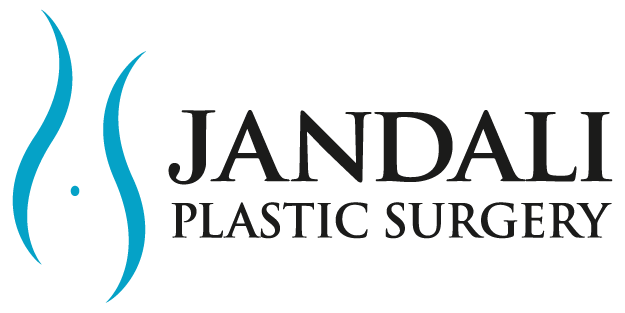BRCA Gene, Breast Cancer, and Angelina Jolie
BRCA Gene for Breast Cancer
BRCA1 and BRCA2 are human genes that belong to a class of genes known as tumor suppressors. Mutations of these genes therefore no longer suppress tumor formation and lead to increased risk of breast and ovarian cancer. Because these abnormal genes can be inherited and passed on, they are linked to hereditary and familial breast and ovarian cancer. The names BRCA1 and BRCA2 stand for breast cancer susceptibility gene 1 and breast cancer susceptibility gene 2, respectively. Genetic blood tests are available to check for BRCA1 and BRCA2 mutations. Insurance covers testing of these gene mutations if certain criteria are met. If there is a family history of breast and/or ovarian cancer, it is best to first test a family member who has or has had breast or ovarian cancer. If that person is found to have a BRCA1 or BRCA2 mutation, then other family members can be tested to see if they also have the mutation.
A woman’s lifetime risk of developing breast and/or ovarian cancer is greatly increased if she inherits a harmful mutation in BRCA1 or BRCA2. Specifically, these women have an increased risk of developing these cancer at an early age (before menopause) and they often have multiple, close family members who have been diagnosed with these diseases. The BRCA1 mutation may also increase a woman’s risk of developing cervical, uterine, pancreatic, and colon cancer. The BRCA2 mutation may additionally increase the risk of pancreatic cancer, stomach cancer, gallbladder and bile duct cancer, and melanoma.
About 12 percent of women in the general population will develop breast cancer in their lifetime. However, with the BRCA mutations, as many as 50-80 percent of women develop breast cancer in their lifetime, making it about 5-6 times more likely. For ovarian cancer, the lifetime risk in women in the general population is about 1.4 percent, while it is 15-40 percent in women with the BRCA1 or BRCA2 mutation.
These harmful genes can be passed along to both male and female children, even though there is a chance that they are not passed on. Men with the BRCA1 mutation have an increased risk of breast cancer and possibly pancreatic cancer, testicular cancer, and early-onset prostate cancer. These cancers are even more strongly associated with BRCA2 gene mutation.
Prophylactic Double Mastectomies
Angelina Jolie underwent bilateral prophylactic mastectomies and breast reconstruction. This means that she did not develop cancer yet, but chose to have her breast tissue removed to decrease the chance of developing breast cancer in her lifetime to under 5%. Many women with the BRCA mutation also opt to undergo prophylactic salpingo-oophorectomy, which is the removal of the fallopian tubes and the ovaries. This operation is usually performed years after the breast surgery, since the chance of ovarian cancer is lower and women often wait until they are done with childbearing.
Nipple-Sparing Double Mastectomies and Reconstruction
Angelina Jolie’s story shows strength and courage to women who are also at high risk of breast cancer or have the BRCA mutation in their family. She brought light to the importance of BRCA genetic testing and being proactive against future cancer. She does not detail her reconstruction, but does state that she underwent nipple-sparing mastectomies and two-stage breast reconstruction with tissue expanders and then implants.
Patient from Westport Connecticut after Bilateral Nipple Sparing Mastectomy Reconstruction


Schedule an Appointment
If you or a loved one has the BRCA gene in Connecticut and are interested in learning more about options for breast and mastectomy reconstruction, schedule a consultation with Board Certified plastic surgeon Dr. Shareef Jandali today. Dr. Jandali performs over 100 breast reconstruction procedures every year. Call 203-374-0310 to set up an appointment. We look forward to seeing you.


